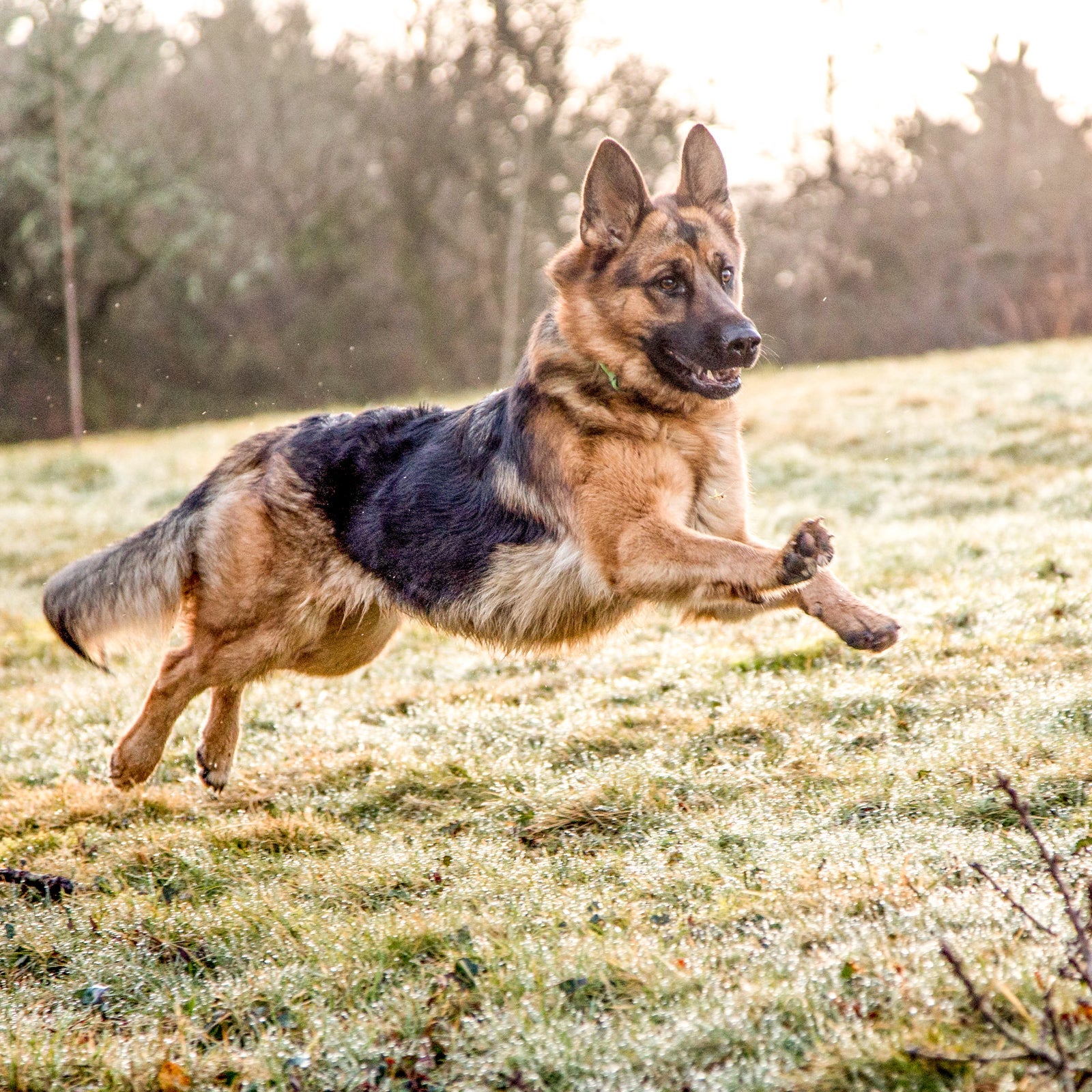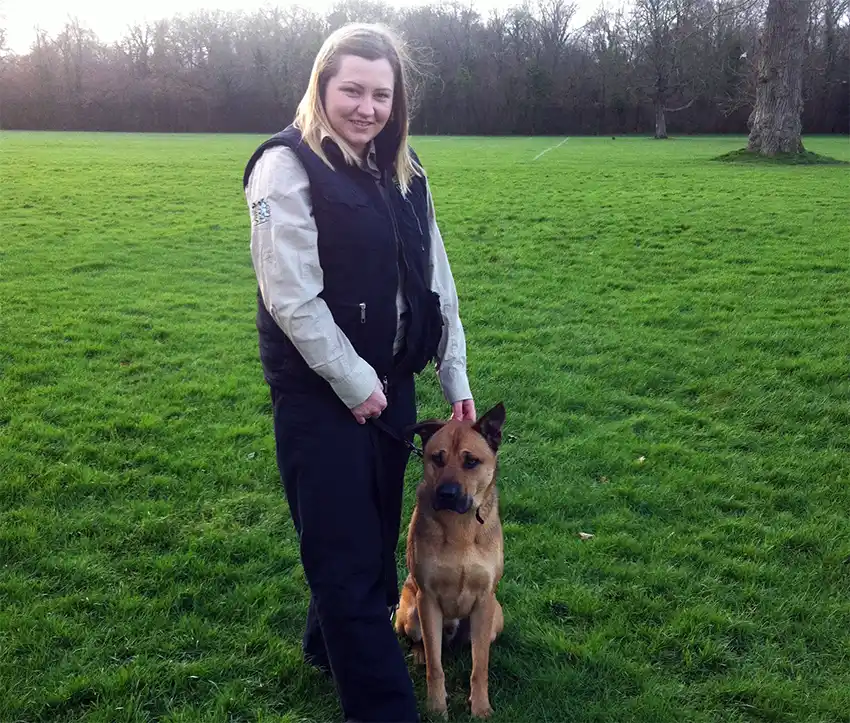The Ultimate Guide to Dog Training for New Pet Parents
The Ultimate Guide to Dog Training for New Pet Parents
Blog Article
The Ultimate Overview to Dog Training: Transform Your Pet's Behavior
Effective dog training is necessary for promoting a harmonious partnership between animals and their owners. The complexities of canine behavior and the implementation of structured training methods play a vital role in this procedure. By comprehending the concepts of positive support, uniformity, and socialization, pet proprietors can browse typical difficulties that occur throughout training. This overview not only intends to outfit you with the needed devices to transform your canine's behavior yet likewise welcomes you to discover exactly how these foundational ideas can cause a deeper connection with your pet. What might be the initial step in this transformative journey?
Comprehending Pet Dog Habits
Recognizing pet actions is important for reliable training and an unified relationship between dogs and their owners. A pet's actions is affected by a mix of genetics, environment, and experiences. Dog training. Identifying these aspects allows proprietors to customize their training approaches to satisfy the specific demands of their pet dogs
Pet dogs connect mostly through body language, vocalizations, and faces. A wagging tail can show exhilaration or joy, while a put tail may signify worry or submission. Observing these cues enables owners to react appropriately, strengthening favorable habits and attending to negative ones efficiently.
Additionally, recognizing the social framework of pet dogs can supply understandings right into their habits. Pet dogs are pack pets, and they grow in a structured setting. Establishing regular regulations and clear limits can prevent confusion and promote a sense of protection.
Furthermore, acknowledging the all-natural instincts of pet dogs, such as need to chase after or dig, is critical. These impulses can be rerouted through suitable electrical outlets, such as play or workout. By thoroughly recognizing these behavioral elements, proprietors can cultivate a positive training experience, ultimately causing a well-adjusted and obedient canine buddy.
Important Educating Techniques
Effective pet dog training counts on a variety of important methods that can dramatically enhance the knowing procedure for both the pet and the proprietor. One fundamental technique is positive reinforcement, which includes satisfying preferable habits with deals with, appreciation, or play. This approach encourages canines to repeat the behaviors that result in positive outcomes, promoting a trusting relationship in between the animal and proprietor.
One more key method is consistency in commands and expectations. Using the same spoken signs and hand signals aids the pet recognize what is needed, minimizing complication and promoting quicker knowing. Additionally, establishing clear borders and regulations is crucial for reliable interaction.
Socializing is also a necessary element of training. Exposing dogs to various atmospheres, people, and other pets assists them develop ideal social abilities and decreases anxiety in strange circumstances.
Lastly, perseverance and timing are crucial. Training sessions need to be short but constant, making sure that the dog continues to be engaged and responsive. By utilizing these important strategies, owners can develop a structured and favorable training experience that promotes excellent habits and reinforces the bond with their canine buddies.
Creating an Educating Schedule
Just how can a well-structured training schedule improve a dog's understanding experience? A training routine gives consistency, ensuring that pet dogs receive routine, focused direction. This predictability aids canines comprehend what is anticipated of them, enhancing their knowing and permitting for better retention of commands and habits.
When creating a training routine, it is vital to think about the pet dog's age, type, and private character. Young young puppies might gain from shorter, much more constant sessions, while grown-up dogs may love longer, much less constant training durations. Incorporating a range of activities can additionally maintain the sessions involving, preventing monotony and promoting interest for understanding.
In addition, scheduling training sessions at specific times of the day can help solidify a routine. For example, matching training with everyday walks or playtime can produce a positive association with knowing. It is likewise critical to consist of time for support, such as deals with or appreciation, to award preferred behaviors quickly.
Lastly, flexibility is key. While consistency is vital, being versatile to the pet's state of mind or power level can enhance their learning experience. A well-crafted training schedule inevitably lays the structure for efficient communication and a stronger bond in between the pet dog and owner.
Common Training Obstacles
Regardless this link of having a well-structured training routine, dog proprietors usually encounter numerous difficulties during the training procedure. One typical problem is inconsistency in commands and cues. When numerous member of the family use various terms or tones, a canine might become confused, hindering its capability to discover successfully.
One more constant difficulty is distraction. Dog training. Pets are naturally interested creatures, and external stimulations such as various other pets, noises, or individuals can divert their attention throughout training sessions. This needs owners to produce a controlled atmosphere or gradually present interruptions to enhance focus
In addition, varying power levels can affect training end results. High-energy canines might struggle to resolve down and concentrate, while a lot more laid-back breeds could need extra inspiration to engage. Tailoring the training strategy to fit the individual pet dog's personality is vital for success.

Structure a Solid Bond
A solid bond in between a dog and its owner is important for successful training and general wellness. Dog training. This connection promotes depend on, which is critical for reliable communication throughout the training procedure. When a pet dog really feels linked and safe to its proprietor, it is extra most likely to respond favorably to commands and hints
To construct this bond, consistency is essential. Establishing a routine that consists of regular feeding, workout, and training sessions aids create a sense of stability. In addition, favorable support methods, such as treats, praise, and play, enhance wanted habits while enhancing the emotional link.
Socializing is one more important aspect of bond-building. Exposing your pet to various atmospheres, people, and other pets assists them feel much more positive and comfortable, enhancing the bond with their proprietor. Participating in activities together, such as strolling, playing fetch, or joining obedience training, advertises team effort and mutual satisfaction.
Final Thought

Comprehending pet habits is crucial for why not find out more effective training and a harmonious partnership in between canines and their owners.Reliable dog training relies on a selection of essential techniques that can significantly improve the learning process for both the owner and the dog.In spite of having a well-structured training schedule, dog owners typically run into numerous challenges Get More Information during the training process.In conclusion, efficient canine training depends on a detailed understanding of canine actions, the application of essential techniques, and the establishment of a structured training schedule. By emphasizing positive support and uniformity, pet proprietors can dramatically enhance their pets' behavior, ultimately ensuring a harmonious relationship and promoting the well-being of both the canine and its environment.
Report this page